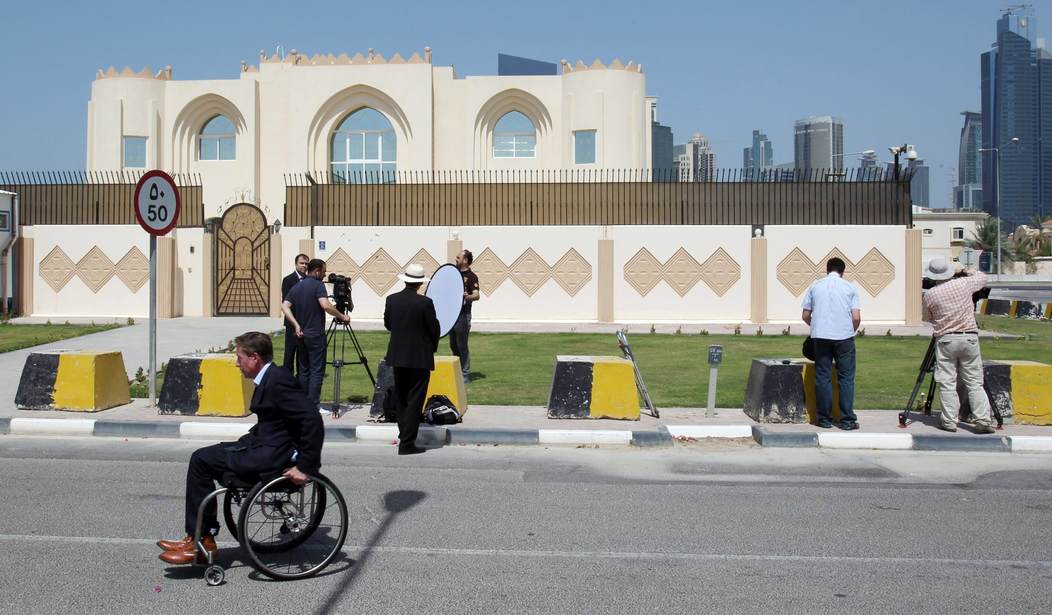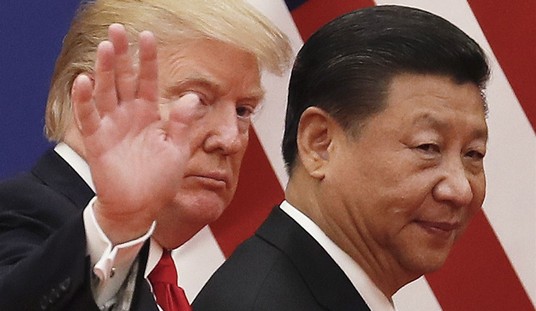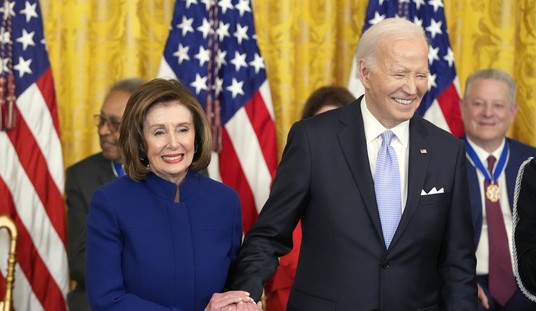WASHINGTON – The Obama administration requested that Qatar allow senior leaders of the Taliban to establish an office in Doha, Obama- and Bush-era advisers confirmed Wednesday.
Since June, Qatar has been the center of a crisis in the Gulf region, with Saudi Arabia and other U.S. allies boycotting the Western Asia nation for its links to terrorist groups like the Taliban, Hamas and Hezbollah. The allies have closed off Qatar’s borders, airspace and trade routes, while demanding that it sever its relationship with Iran, dissolve a Turkish military base in Doha and shutter Al Jazeera.
Ilan Goldenberg, who advised the Defense Department from 2009 to 2012, said on Wednesday during a hearing before a House panel that although he did not work specifically on Qatar issues “I do think” that the administration asked Qatar to host Taliban leaders. Matthew Levitt, a counterterrorism adviser under Bush, confirmed the suggestion. The Taliban established its office in 2013 in the capital city of Qatar.
“But I think it goes back to this point that part of the reason we asked them to do it is because the Taliban were already operating there in some form or capacity,” Goldenberg said before the House Foreign Affairs Committee.
Rep. Ted Deutch (D-Calif.) asked if allowing terror groups to reside in Doha is a better alternative than flushing the individuals into the arms of ISIS or to Tehran.
“I think this is actually precisely the point. It’s complicated,” Goldenberg told Deutch, while adding that those are likely relocation scenarios that may result in more aggressive actions from terrorist organizations.
Goldenberg said that the office in Doha has allowed for better communication channels with the West. Levitt said that Qatar has played both sides, appealing to the West while simultaneously reaching out to extremist groups. The country acting as a mediator, Levitt said, has raised its international profile and allowed it greater leverage in a divisive region.
Rep. Dana Rohrabacher (R-Calif.) suggested that Wednesday’s revelation is particularly striking, as the Clinton Foundation received funds from Qatar while Hillary Clinton served as secretary of State. WikiLeaks in the fall of 2016 revealed that the foundation had accepted a $1 million gift from Qatar in 2011, while Clinton was serving. Reuters reported in 2016 that the foundation confirmed acceptance of the donation from Qatar, which was delivered for Bill Clinton’s 65th birthday.
Rohrabacher requested that the committee gather information to determine the full extent of the Clintons’ ties to Qatar.
“If Secretary Clinton did ask Qatar to permit terrorist groups into country, this needs to be looked at very closely,” he said, “because we know that the Clinton Foundation was certainly in Russia, receiving tens of millions of dollars from Russian oligarchs.”
Rohrabacher also described this moment as a “time of choosing” for Qatar.
“The juggling has got to stop, and I would hope that the royal family in Qatar and the people of Qatar decide to be our friends because they have that choice, but if they continue down this path they will be deciding not to be our friends and decide instead with the Muslim Brotherhood and the terrorists,” Rohrabacher said.
Rep. Brad Schneider (D-Ill.) asked the panel, which also included Jonathan Schanzer, a former Treasury Department terrorism finance analyst under Bush, if the U.S. would be better served if Hamas, the Taliban and al-Qaeda were unable to raise finances in Doha. All three panelists agreed, while adding that the situation benefits the terror groups because it increases their legitimacy.
Schanzer described Qatar’s actions as “maddening,” noting that the country is hosting a U.S. air base and investing in the West on one hand while supporting jihadists in Libya and Syria with the other.
“When we go to talk to them about this, they just don’t listen,” Schanzer said.









Join the conversation as a VIP Member